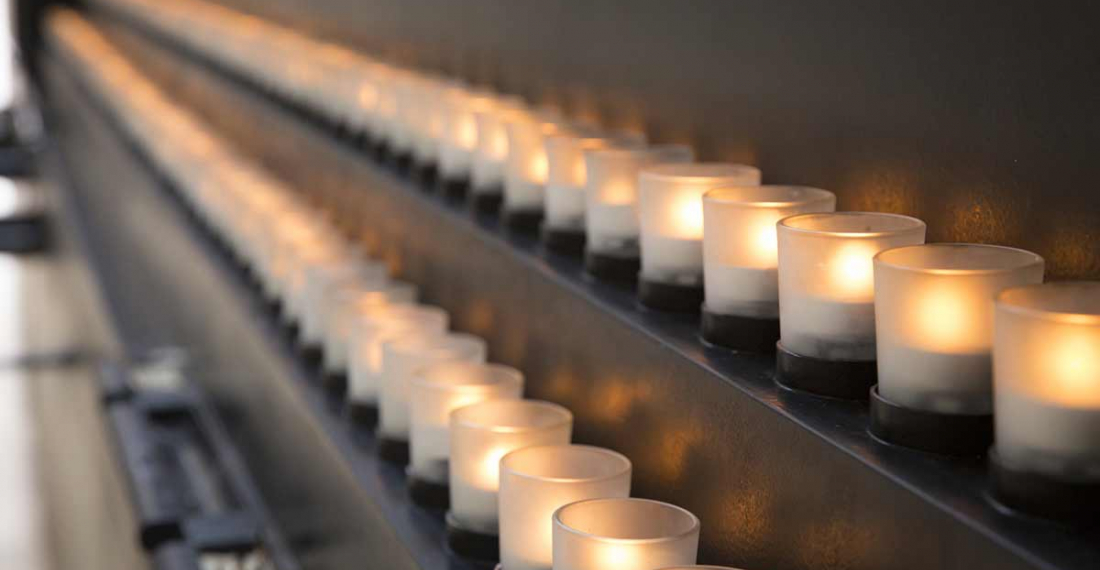International Holocaust Memorial Day was marked across the world on 27 January to remember the institutionalised killing of six million Jews and 11 million others by the Nazi regime and its allies during the Second World War. Across Europe and the world, citizens and state leaders marked the day in different ways, with many choosing to highlight the ongoing threat that antisemitism and all forms of intolerance pose to our societies.
In Berlin, a commemoration was held in the Reichstag Building, the home of the German parliament. Opening the commemoration, the president of the Bundestag, Wolfgang Schäuble, spoke about the long and diverse history of Jewish life in Germany, as well as of the other groups killed in the holocaust. Speaking at the ceremony, Marina Weisband, a German-Jewish activist and former politician, cautioned that “antisemitism doesn't start when somebody shoots at a synagogue ... it starts with conspiracy narratives”.
Charlotte Knobloch, a Holocaust survivor and former leader of Germany's Jewish community, also spoke at the Reichstag commemoration. She called present-day Germany "a good country for jewish people", urging people to defend what they had created from conspiracy theories and hatred against minorities. Directing her attention to the far-right politicians, she also remarked, "I cannot pretend it doesn't worry me that you are here... You lost your fight 76 years ago".
In Brussels, Ursula von der Leyen, president of the European Commission, also warned of the ongoing threats of antisemitic conspiracy theories, tweeting:
Today marks 76 years since Auschwitz-Birkenau was liberated. We remember the millions of people murdered in the Holocaust. We will never forget.
— Ursula von der Leyen (@vonderleyen) January 27, 2021
I worry about the spread of antisemitic conspiracy myths, off & online. We have to educate, set the facts.
We need to win this fight. pic.twitter.com/QELAT0USki
In a statement from Washington DC marking Holocaust Remembrance Day, President Joe Biden spoke of the influence that the ‘Unite the Right’ rally in 2017 in Charlottesville had on his decision to run for president – “the white nationalists and neo-Nazis spewing the same anti-Semitic bile we heard in the 1930s in Europe”. He referred to the Holocaust as “no accident” and that “Silence is complicity”.
From the Vatican, the Pope marked the occasion by speaking out against nationalism:
"To remember also means being careful because these things can happen again, starting with ideological proposals that claim to want to save a people but end up destroying a people and humanity.”






